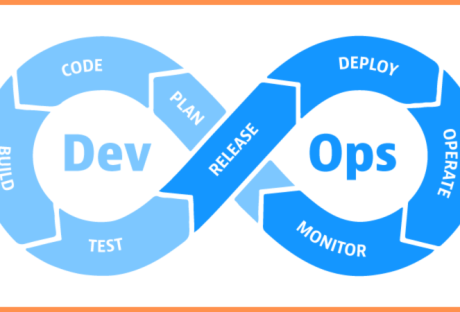Employee safety should be the top priority for any company or organization that works in potentially dangerous environments. Not just because it is the morally right thing to do, but also any violations or non-compliant practices on your part can make you subject to fines and lawsuits.
Providing high visibility workwear to your employees is often step one for any company when creating safety guidelines. However, not all high visibility workwear is the same, and understanding the differences can help protect you and your employees.
Continue reading the article below to learn tips and other information related to “Hi-Vis workwear” that can help your company stay ANSI compliant.
What is ANSI?
ANSI stands for the American National Standard Institute. They are a nonprofit organization that, as their name suggests, sets standards for equipment and other services in a multitude of industries.
For construction workers or any employee who may work in a hazardous environment wearing high visibility gear is essential, so following the ANSI guide for high visibility workwear is crucial for employers. The ANSI 107 is the code for the standard requirements for high visibility workwear, so if your employer is buying safety gear for your employers, make sure it is rated at ANSI 107.
Types of ANSI Hi-Vis Workwear
ANSI workwear is broken down into three categories, each best suited for a different type of labor.
Type O:
Type O workwear provides the lowest visibility while still being ANSI 107 rated. It helps separate the wearer from their environment. Type o workwear is usually used for situations where the background environment is not complex, such as mines and other off-road sites.
Type R:
Has more visibility than the type of workwear used for workers in traffic areas. It helps separate the wearer from more complex environments.
Type P:
Offers the most visibility to the wearer. They are used for workers in complex environments with many moving pieces.
Understanding Hi-Vis Performance Classes
Classes are separated by how visible they make the wearer.
Class 1: this is where type O High vis workwear would fit. It offers just enough visibility to meet the ANSI 107 standards. Still, it can’t be used in complex environments as it just doesn’t provide enough visibility for the wearer to separate them from their environment. Almost exclusively used in off-road sites.
Class 2: class 2 high vis workwear offers Incredibly high levels of visibility and is used in worksites with incoming traffic nearby. Type R and Type P high vis workwear can fit into this class.
Class 3: class 3 high vis workwear provides the highest level of visibility and is used for sites with a large amount of incoming traffic, such as busy highways or metropolitan areas. Any construction site prone to congested traffic usually requires class 3 workwear. Type p workwear is traditionally associated with class 3. However, type R can sometimes qualify.
High-Vis Workwear Helps Everyone Involved
Providing high vis workwear to your employees can protect you, your workers, and the general public from potentially fatal accidents. Hopefully, now you have a good understanding of selecting the best one for your organization.
Read Also:
























